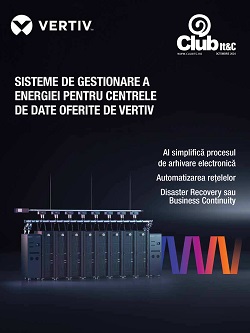Energy utility companies are facing several challenges. In addition to the growing demand for electricity and ever-shifting energy sources, utilities must also consider sustainability, cost control and cybersecurity. Digital transformation is the key to overcoming these challenges. Forward looking executives increasingly recognize the value of cellular connectivity to enable and accelerate that process.
 Digital growth in the utility industry
Digital growth in the utility industry
Energy utility companies see digital transformation as critical for increasing revenue and gaining efficiency.
– Between 2020 and 2021, revenue spending on digital transformation rose from 30% to 38.4%1
– 26% of power and utilities have incorporated 5G communications technologies into their company strategy, according to a Deloitte survey.
A recharged value chain
The structure of the energy value chain has radically changed and increased the need for connectivity.
• Previously the energy value chain was linear, moving from generation to transmission to consumption
• Today, renewable tech has allowed “prosumers” to feed energy into the grid while pulling energy when needed
•This creates a circular value chain, one requiring a more complex smart grid to manage greater fluctuations in power production and use.
The cellular advantage
Cellular communication is essential for digital transformation across all industries for several reasons.
• Standardized 3GPP cellular enables organizations to plan 10 to 15 years ahead and can support multiple use cases with a single deployment.
• Cellular technology can provide seamless indoor and outdoor coverage to reach every sensor and device.
• Built-in encryption and global identity management ensure the most stringent levels of authentication and protection when using cellular communications.






























